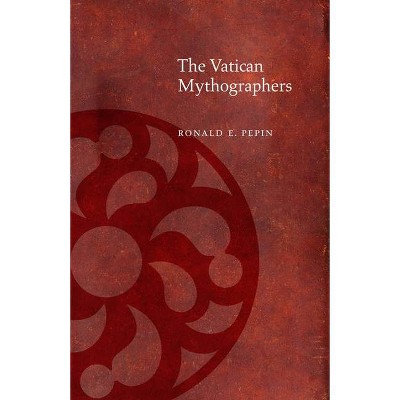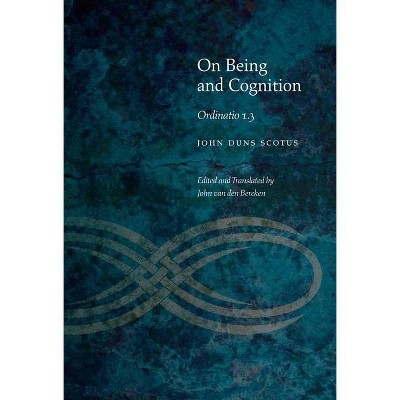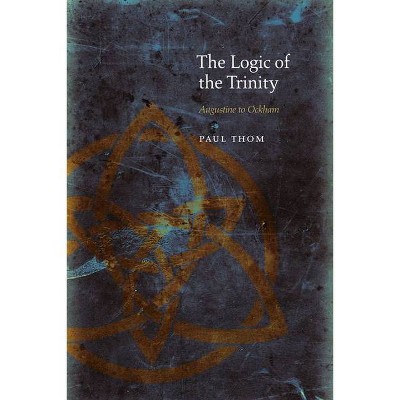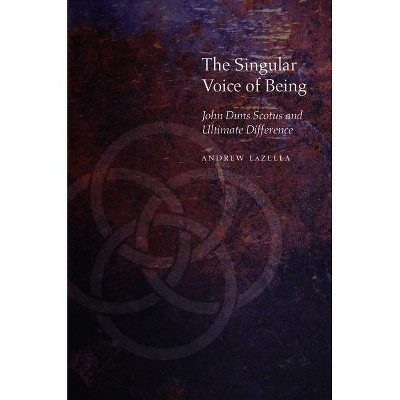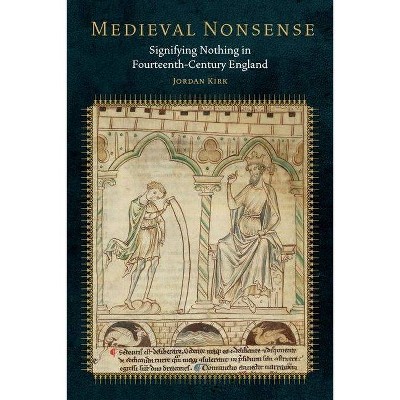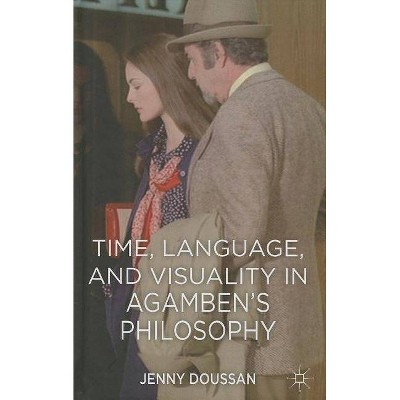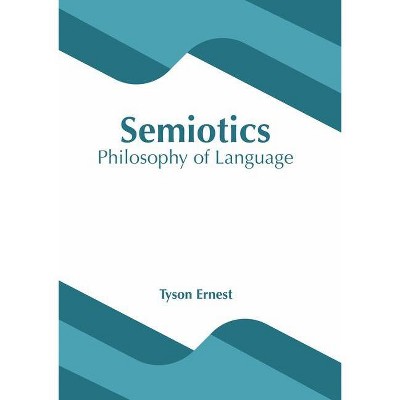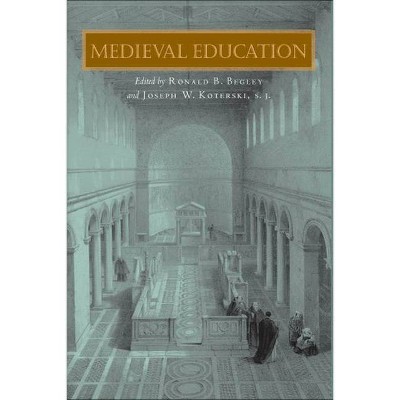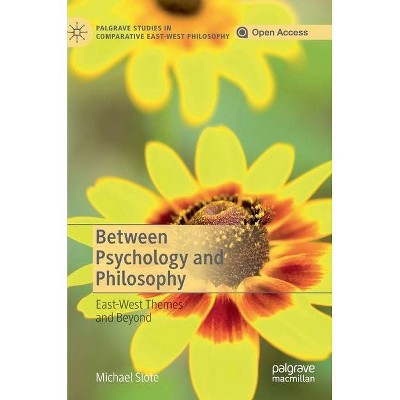Mental Language - (Medieval Philosophy: Texts and Studies) by Claude Panaccio (Hardcover)
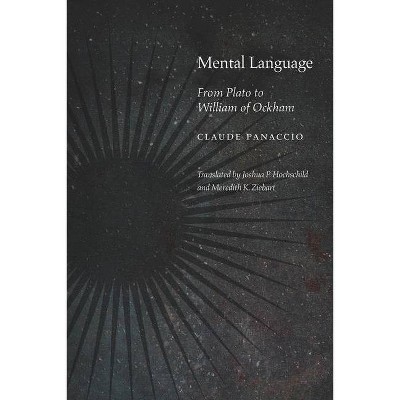
Similar Products
Products of same category from the store
AllProduct info
<p/><br></br><p><b> About the Book </b></p></br></br>This book offers a history of the idea that human thought is structured like a language, from Plato and Aristotle up to the fourteenth century when William of Ockham gave it a new importance and developed it in a systematic way.<p/><br></br><p><b> Book Synopsis </b></p></br></br><p>The notion that human thought is structured like a language, with a precise syntax and semantics, has been pivotal in recent philosophy of mind. Yet it is not a new idea: it was systematically explored in the fourteenth century by William of Ockham and became central in late medieval philosophy. Mental Language examines the background of Ockham's innovation by tracing the history of the mental language theme in ancient and medieval thought. <p/>Panaccio identifies two important traditions: one philosophical, stemming from Plato and Aristotle, and the other theological, rooted in the Fathers of the Christian Church. The study then focuses on the merging of the two traditions in the Middle Ages, as they gave rise to detailed discussions over the structure of human thought and its relations with signs and language. Ultimately, Panaccio stresses the originality and significance of Ockham's doctrine of the oratio mentalis (mental discourse) and the strong impression it made upon his immediate successors.</p><p/><br></br><p><b> Review Quotes </b></p></br></br><br>...an indispensable and encyclopedic history of the idea of mental language.-- "Logos & Episteme"<br><br>"Mental language was no twentieth-century philosophical invention, and Claude Panaccio's book, Mental Language: From Plato to William of Ockham, first published in French in 1999, remains the best guide to the many theories that were formulated in antiquity and the Middle Ages. There is no more complete or authoritative work on the subject. The book is philosophically astute and sophisticated, but eminently readable. A postscript brings the work completely up to date, with an exhaustive discussion of the copious literature that has appeared on the topic in the past fifteen years."<b>-----Richard Cross, <i>University of Notre Dame</i></b><br><p/><br></br><p><b> About the Author </b></p></br></br><br><strong>Claude Panaccio</strong> held the Canada Research Chair in the Theory of Knowledge in the Department of Philosophy of the University of Quebec at Montreal until his retirement in 2016 and is a Fellow of the Royal Society of Canada. He is the author of <em>Ockham on Concepts</em>, which won the Canadian Philosophical Association Biennial Book Prize. <br><strong>Joshua P. Hochschild</strong> Monsignor Robert R.Kline Professor of Philosophy, and former Dean of the College of Liberal Arts, at Mount St. Mary's University. <br><strong>Meredith K. Ziebart</strong> teaches philosophy at Loyola University, Maryland.<br>
Price History
Price Archive shows prices from various stores, lets you see history and find the cheapest. There is no actual sale on the website. For all support, inquiry and suggestion messages communication@pricearchive.us
